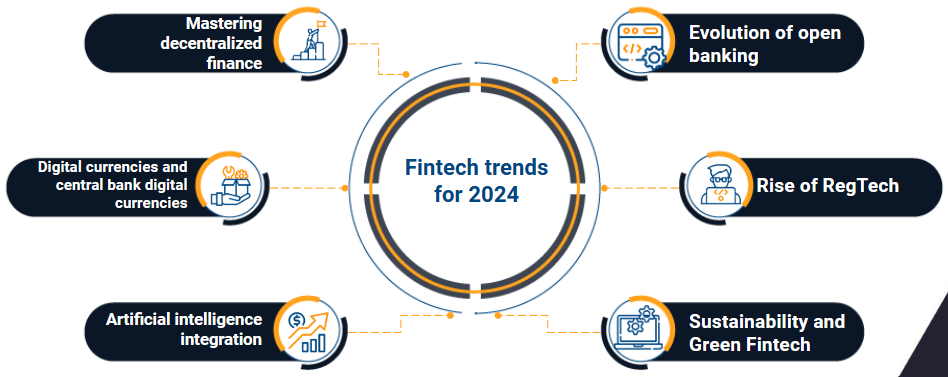
The fintech industry has seen rapid growth and innovation in recent years, revolutionizing the way financial services are delivered. While this digital transformation has brought about numerous benefits, it has also raised concerns about privacy and cybersecurity.
As fintech companies handle sensitive financial data, it is essential to ensure the highest standards of privacy and cybersecurity.
Below are some best practices to safeguard user information and maintain customer trust:
1. Data encryption
Implement strong encryption protocols to protect sensitive data during transmission and storage. Use industry-standard encryption algorithms to protect financial transactions, user credentials, and other critical information. This helps prevent unauthorized access and ensures that data remains confidential and complete.
2. Periodic security audits
Perform regular security audits and assessments to identify vulnerabilities in your system. Collaborate with external cybersecurity experts to perform penetration testing and vulnerability assessments. Regular audits help fintech companies stay proactive in addressing potential threats and weaknesses in their infrastructure.
3. User authentication and authorization
Implement strong user authentication mechanisms, such as multi-factor authentication (MFA), to improve security. Additionally, employ strict authorization controls to ensure that users only access the data and services necessary for their roles. This limits the risk of unauthorized access to sensitive financial information.

4. Compliance with Regulations
Stay up to date and comply with relevant financial and data protection regulations. Depending on the region, this may include GDPR in Europe, CCPA in California, and various financial regulations such as PCI DSS and GLBA. Compliance not only protects users, it also protects fintech companies from legal ramifications.
5. Employee training
Educate employees about cybersecurity best practices and the importance of privacy. Human error is a major factor in data breaches, so fostering a culture of security awareness is crucial. Regular training sessions can help employees recognize and respond to potential threats effectively.
6. Secure application development
Prioritize security in the development lifecycle. Perform thorough security assessments during the development phase to identify and address vulnerabilities. Update and patch software regularly to protect against known vulnerabilities and ensure third-party components are secure as well.
7. Incident response plan
Develop a comprehensive incident response plan to address security breaches promptly. This plan should include procedures for notifying affected parties, investigating the incident, and implementing corrective measures. Having a well-defined response plan minimizes the impact of security incidents on both users and the business.
8. Privacy by design
Incorporate privacy measures in the design of fintech products and services. Adopt a “privacy by design” approach, where privacy considerations are an integral part of the development process. This includes anonymizing data where possible, limiting data collection to what is necessary, and giving users transparent control over their information.
9. Continuous monitoring
Deploy continuous monitoring tools to detect and respond to security threats in real time. This proactive approach allows fintech companies to identify and address potential issues before they escalate, ensuring the continued security of customer data.

10. Safe associations
When collaborating with third-party vendors or partners, ensure they meet strict security and privacy standards. Periodically evaluate the security practices of these entities to mitigate risks associated with data sharing or service integration.
In conclusion, safeguarding privacy and cybersecurity is essential in the fintech industry. By adopting these best practices, fintech companies can build and maintain a strong security posture, protecting both their customers and their reputation in an increasingly digital financial landscape.
Prioritizing security not only builds trust, but also ensures the long-term success and sustainability of fintech companies.
We recommend you on video


